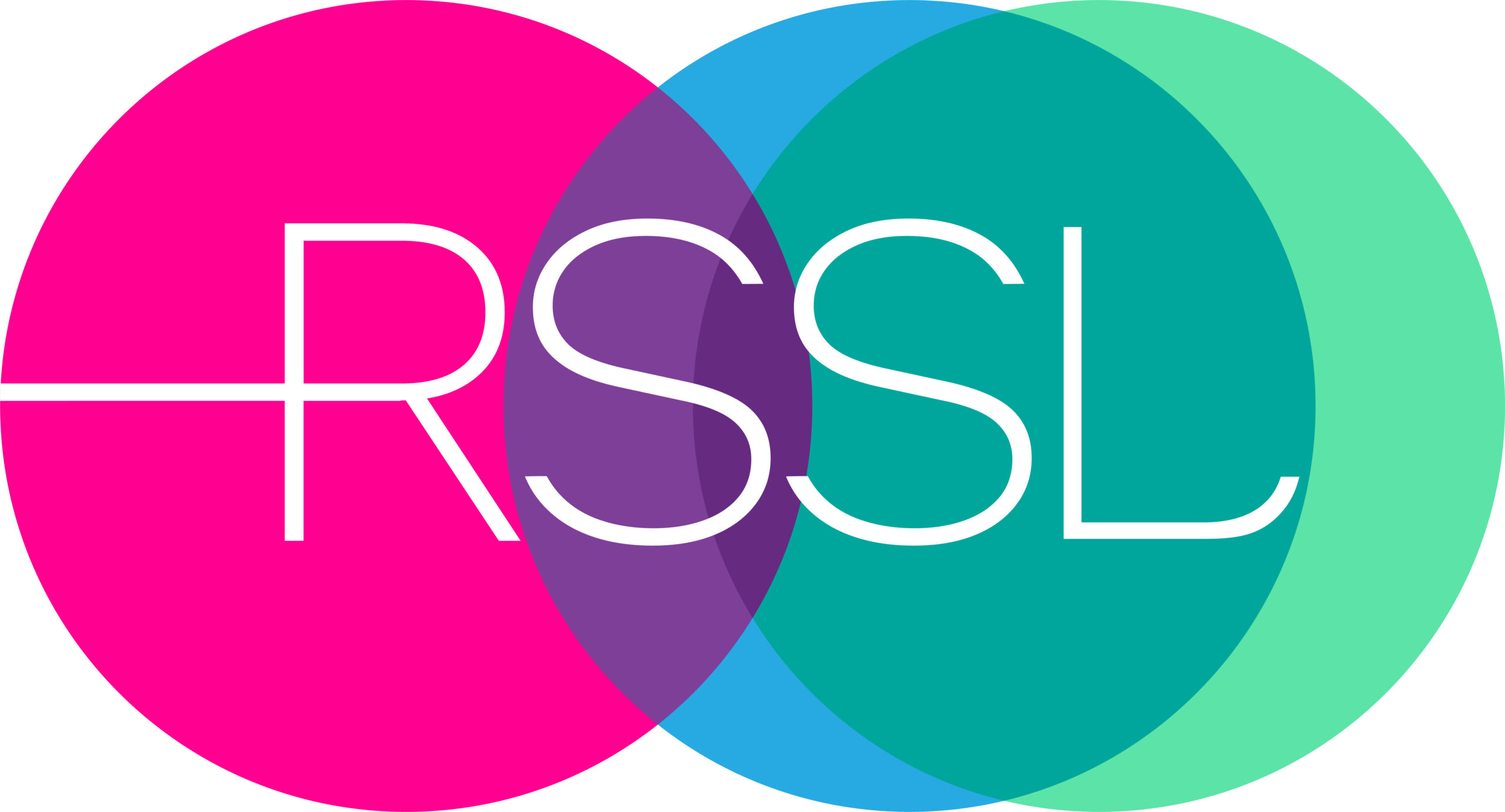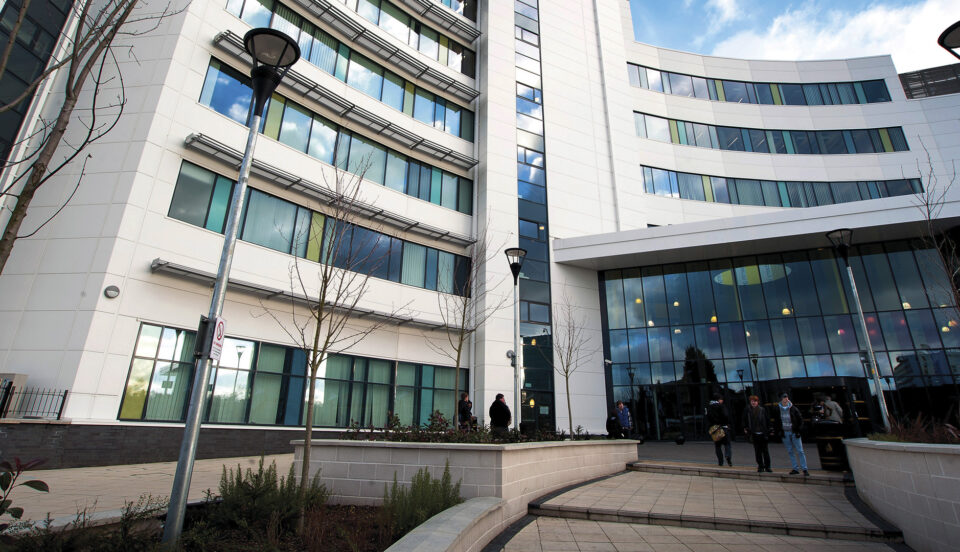
RSSL is one of our fantastic industry partners, inspiring the scientists of tomorrow. RSSL is a cutting-edge food and pharmaceutical research company, pushing the boundaries of science and innovation to help make our world safer, healthier and more sustainable. It supports our students through masterclass sessions and offers students industry placements as part of their T Level course.
The T Levels in science programme offers a thorough education in laboratory techniques, as well as a deep understanding of Biology, Physics, and Chemistry. These subjects are taught in a manner that emphasises practical and applied knowledge over purely theoretical concepts. Its purpose is to equip students with the necessary skills and knowledge to pursue employment, apprenticeships, or higher education opportunities.
Throughout the programme, students will acquire core laboratory skills, establish a solid foundation in the three sciences, and engage in an occupational specialism to enhance their practical abilities. Additionally, students will learn various analytical techniques, gain proficiency in conducting research, develop data analysis skills, and refine their communication abilities.
A distinguishing aspect of T Levels is the incorporation of extensive work placements, which often extend for several months. These placements offer students the opportunity to gain real-world experience in a professional scientific environments.
T Levels typically comprise a two-year programme and hold the same value as three A levels. They involve a blend of classroom instruction and significant work placements with employers, aimed at giving students practical experience in their chosen field.
What you'll learn
T Levels offer specialised education in laboratory science, providing a comprehensive understanding of scientific principles, laboratory techniques, and relevant theoretical knowledge. These programmes heavily emphasize laboratory work, allowing students to develop practical skills in conducting experiments, using laboratory equipment, and analysing data. This is valuable whether student pursues the route to go to university or into employment.
In addition to technical skills, T Levels also focus on the development of soft skills, including teamwork, communication, problem-solving, and critical thinking. These skills are highly valuable in any career and contribute to an individual’s overall professional growth.
How you'll learn and be assessed
Collaborating with industry experts, T Levels ensure that the skills and knowledge obtained are directly applicable to real-world job requirements in laboratory settings. Additionally, T Levels often include a significant work placement component, offering valuable practical experience in a laboratory environment. This experience can help students establish professional networks, develop industry contacts, and enhance their employability.
Assessments in T levels usually encompass a mix of written exams, practical evaluations, and work-based projects.
Progression
Completing a T Level program leads to recognised qualifications and certifications that are highly valued by employers in the laboratory science field. With a T Level in Laboratory Science, individuals will be well-prepared to pursue various career paths such as research and development, quality control, pharmaceuticals, healthcare, biotechnology, or environmental science.
These qualifications are designed to make individuals job-ready, as employers often seek candidates with practical skills and relevant experience, making T Level graduates more competitive in the job market.
T Levels provide a strong foundation for further studies, including the option to pursue a university degree in a related field.
Entry requirements
Five GCSEs including a grade 5 or above in 2 science subjects and maths, and a grade 4 in English Language are required for this T Level.


